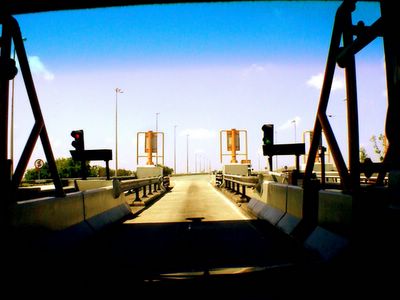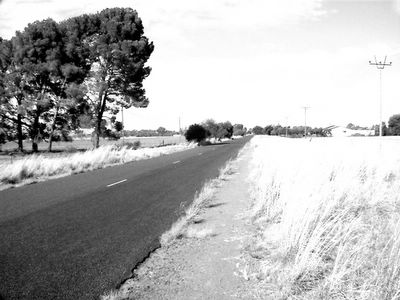
December 26, 2005
Last week's blog produced another blizzard of indignant letters on two counts. One bunch scolded me for claiming to admire anything about President Bush (I thought his defense of domestic spying was legitimate). The other castigated me for failing to accept that a US government plot was behind the 9/11 attacks.
Speaking to the first one: while I think much of the public views 9/11 as just another drama that came over the cable channels, I also think it was an extraordinary injury to the nation in reality, and a huge insult to the professionals in the defense, state, and various intelligence departments. This extraordinary injury and insult has produced extraordinary results -- an unprecedented use of invasive electronic surveillance to desperately try to prevent another such injury. Unlike the Nixon years, no evidence has emerged yet that this spying was directed widely at critics of government policy. If we are listening in on phone conversations and Internet chatter involving jihadists, then that is okay with me. If this spying were to swing over to critics of the war and the news media on a wholesale basis -- as in the Nixon / Vietnam years -- I'd feel differently about it. But I do not see any evidence that it has. In the meantime, I don't see how it can be avoided.
Whether it is effective is another matter. All we know is that there hasn't been another incident like 9/11 since 9/11/01 in America. The range of hard and soft targets across this land is immense. Either our government has been working very hard to track the right people, or we have been very lucky, or both. Or perhaps the targets we present in Iraq are more attractive right now. We certainly have plenty of vulnerabilities to be concerned about at home, ranging from the number of uninspected shipping containers coming into US ports, to our leaky borders, to the scores of chemical plants and nuclear reactors, to the hundreds of bridges and tunnels. Anyone can still drive a van packed with fertilizer down K Street in Washington DC, and there are countless shoulder-launched missiles and RPGs loose in this world. Now, all that may be "proof" to the paranoid that terrorist violence only happens when the government lets it happen, but it is not proof of that to me. Which brings us to the next point.
I regard the 9/11 conspiracy theories as a fantasy and a distraction from the real problems we face. It is especially unfortunate that they became associated with the Peak Oil issue, and that was obviously a result of Mike Ruppert's elaboration of them in his book Across the Rubicon, which brought discredit to his otherwise good reporting on the global oil situation, and tainted others like myself who regard energy as the crucial geopolitical and economic issue of our time. There is enough confusion in this nation without conflating the real concerns over energy with paranoid fantasies about government plots.
That said, I think the foregoing illustrates the pernicious nature of delusional thinking generally in our highly-stressed society -- and I am as concerned over delusional thinking, delusional behavior, and delusional politics as I am over Peak Oil.
The day after Christmas the world is very still. But events are churning in the background. I am looking toward reality-based signals to understand what is going on out there: how much oil is actually coming out of the ground around the world, how much unearned money Americans spent in WalMart before Christmas, how many individuals may have decided to not buy a new house in the far-out suburbs this fall because of high heating prices. Next week I'll publish my predictions for 2006.
I think we were extremely lucky to get through 2005 without a debacle in the economy, and the financial sector in particular. But the imbalances out there are greater than anything the world has ever seen before and they are working their way through the system slowly like a gigantic pig inside the proverbial python. If we are actually at the all-time oil production peak, then there is still a lot of energy to be fed into this system. The trouble is that we are doing it at the very peak of a gigantic wave, and when waves break things standing on the shore tend to get broken.
See also:
http://www.livejournal.com/users/dpodbori/3590.html 





